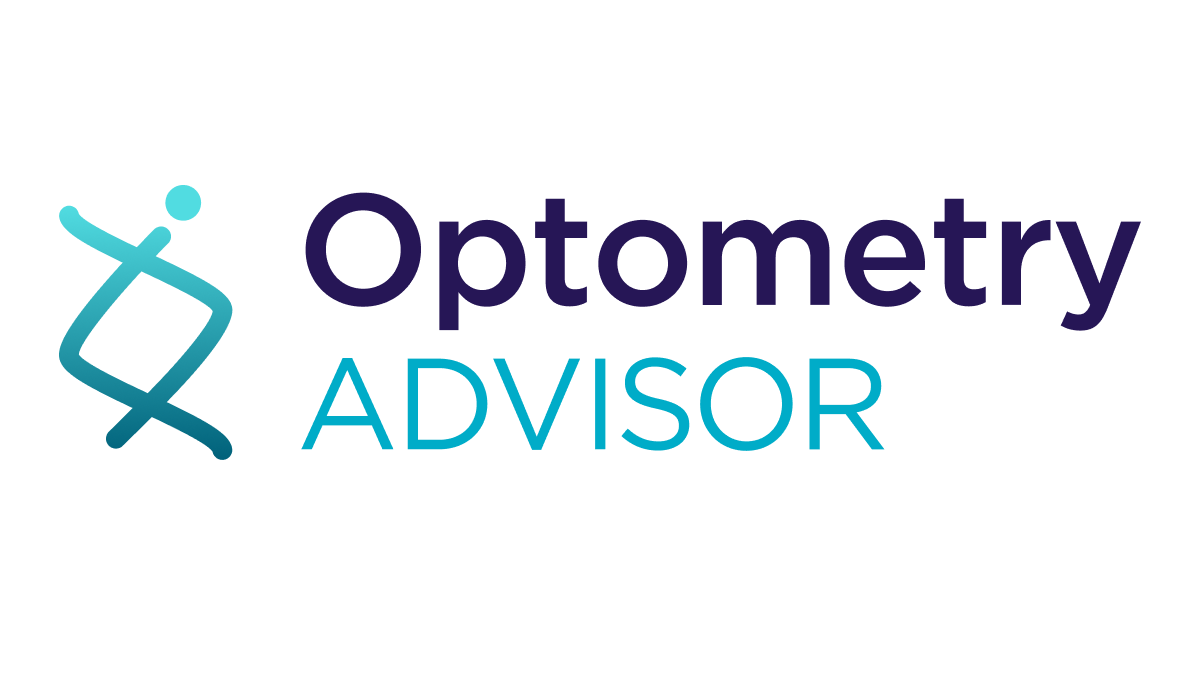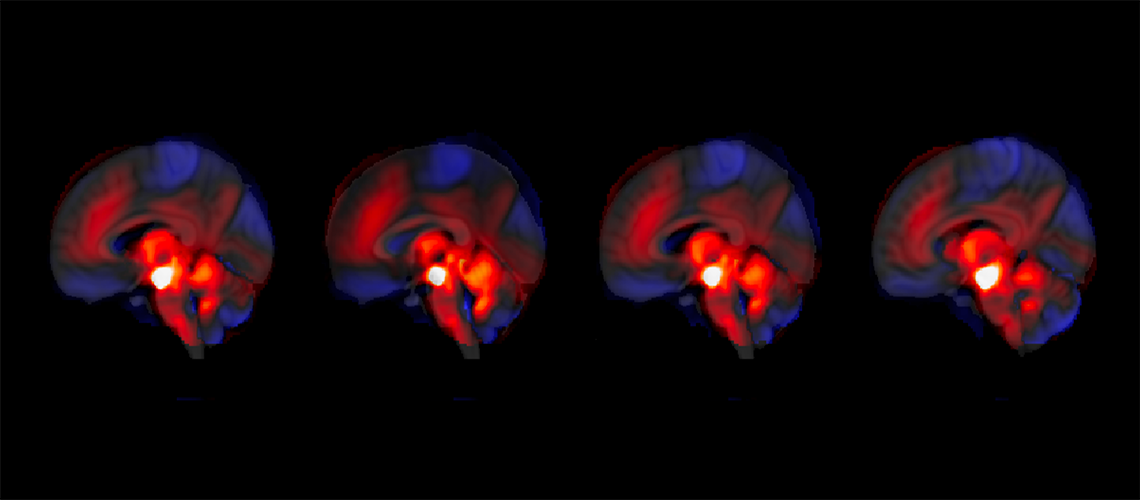
Scientists at UC San Francisco have uncovered significant links between endometriosis, a chronic and often undiagnosed disease, and other serious health conditions such as cancer, Crohn’s disease, and migraines. This groundbreaking research, published in Cell Reports Medicine on July 31, could pave the way for improved diagnosis and treatment options for the estimated 200 million women worldwide affected by endometriosis.
The study utilized advanced computational methods developed at UCSF to analyze anonymized patient records from the University of California’s six health centers. “We now have both the tools and the data to make a difference for the huge population that suffers from endometriosis,” said Marina Sirota, PhD, interim director of the UCSF Bakar Computational Health Sciences Institute and senior author of the paper. “We hope this can spur a sea change in how we approach this disorder.”
The Impact of Endometriosis
Endometriosis, often referred to as ‘endo,’ occurs when the endometrium, the tissue lining the uterus, spreads to other organs, causing chronic pain and infertility. It is estimated that nearly 10% of women globally suffer from this condition. “Endo is extremely debilitating,” noted Linda Giudice, MD, PhD, MSc, a physician-scientist at UCSF and co-author of the study. “The impact on patients’ lives is huge, from their interpersonal relationships to being able to hold a job, have a family, and maintain psychological wellbeing.”
The current gold standard for diagnosing endometriosis involves surgery to detect endometrial tissue outside the uterus. Treatment typically includes hormonal therapy to suppress the menstrual cycle or surgical removal of excess tissue. However, these treatments are not universally effective and can have significant side effects. In severe cases, hysterectomy is considered, though some women continue to experience pain post-surgery.
Leveraging Big Data for Medical Insights
Giudice and Sirota collaborated to leverage the UC health system’s anonymized patient data to better understand endometriosis, which can manifest differently across patients. “This data is messy; it was not collected for research purposes but for the real, human purpose of helping women who need care,” Sirota explained. “We had the rare chance to rigorously assess how endometriosis presents across UCSF’s patient population and then ask whether these observations held true with patients seen at the other UC health centers.”
Using sophisticated algorithms, Umair Khan, a bioinformatics graduate student and first author of the paper, searched for connections between endometriosis and other health conditions. He categorized patients based on shared health histories and compared findings across California’s UC health data. “We found over 600 correlations between endometriosis and other conditions,” Khan revealed. “These ranged from what we already knew or suspected, like infertility, autoimmune disease, and acid-reflux, to the unexpected, like certain cancers, asthma, and eye-related diseases.”
“In the past, studies like this would have been nearly impossible,” said Tomiko Oskotsky, MD, an investigator at ENACT and co-author of the paper. “It was only 12 years ago that de-identified electronic health records became available at this scale.”
A Multi-System Disorder
The study supports the growing understanding of endometriosis as a “multi-system” disorder, indicating that it arises from dysfunction throughout the body. “This is the kind of data we need to move the needle, which hasn’t moved in decades,” Giudice stated. “We’re finally getting closer to faster diagnosis and, eventually, we hope, tailored treatment for the millions of women who suffer from endometriosis.”
The implications of this research are profound, suggesting that a comprehensive approach to treatment and diagnosis could significantly improve patient outcomes. As the medical community continues to explore these connections, the hope is to develop more effective, individualized treatment plans that address the full spectrum of symptoms experienced by endometriosis patients.
Authors of the study include Bahar D. Yilmaz, MD, Jacquelyn Roger, Ketrin Gjoni, and Juan C. Irwin, MD, PhD, among others. The research was supported by the Eunice Kennedy Shriver National Institute for Child Health and Human Development and the National Institutes of Health.







